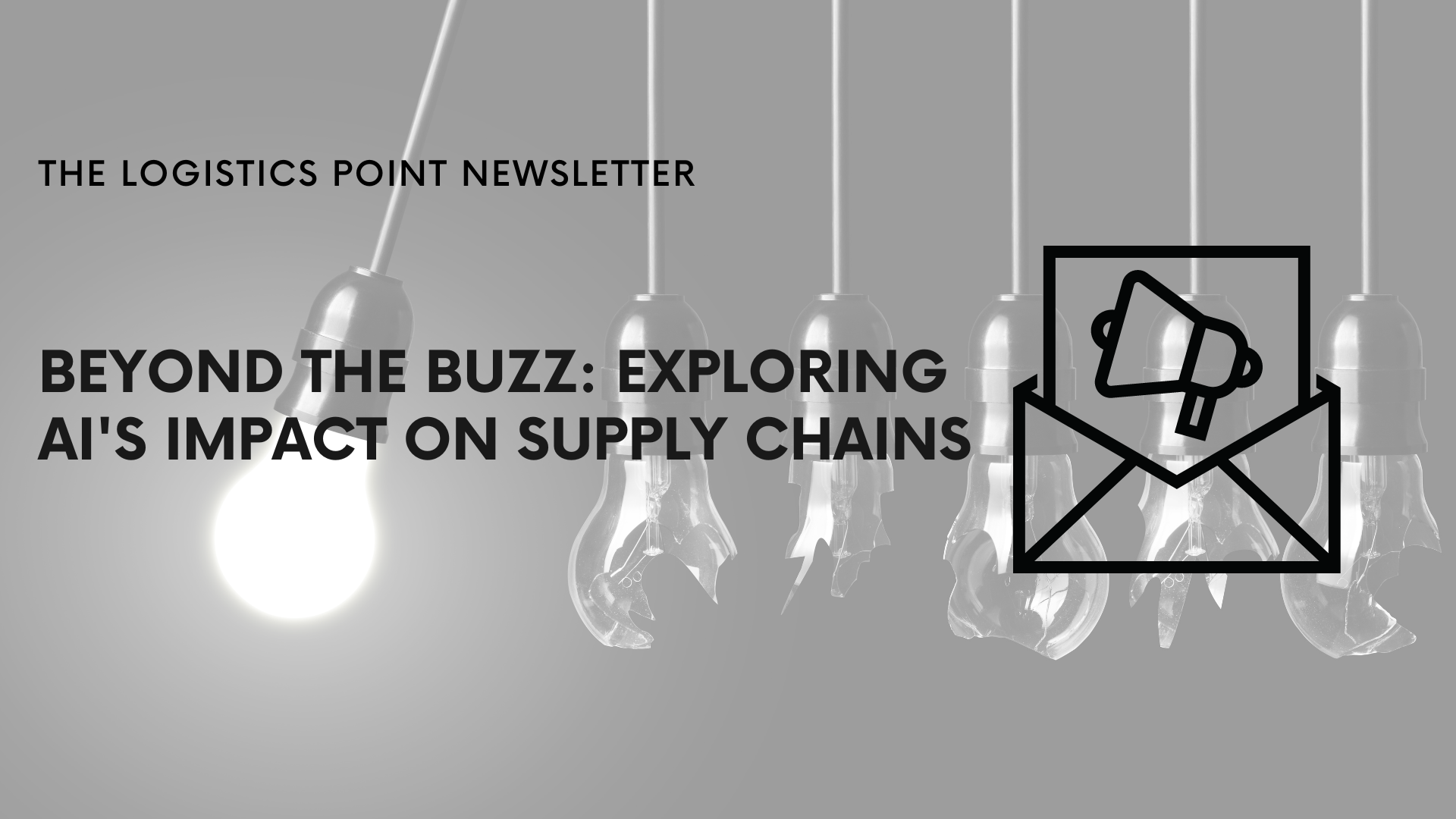A lot of companies are promoting AI and there is much good about it. But is it really that transformative? In The Logistics Point latest edition we took a look at how AI transforms different parts of the logistics and supply chain sector to enhance operational successes. But what are the hurdles and drawbacks of this technology that everyone is talking about? More on the latest trends in logistics in our February edition. Read it here!
‘AI will certainly be used to make the buying experience easier and faster,’ tells us Kevin Ledversis, VP of Sales at Newcastle Systems, when we talk about the power of AI in e-com and what is next. Retail stores could also benefit. AI could visualise who you are, how old you are and what you might want. This could help retailers to better tailor their service and what the consumer does in the store.
Does this sound scary?
The reality is more mixed. Solutions like AI can alleviate many of the headaches organisations are facing. At the same time they are a short term problem due to the lack of know-how and experienced staff. In the long-term they will become a vital element of the whole supply chain system. David Doran, Vice President, consulting, GEP, acknowledges that for many AI presents a worry and they only see it as a problem.
A data strategy must be the foundation of all AI and decision intelligence ambitions involving three key elements:
- Consistent data – Harmonising and normalising disparate sources and formats — relational, non-relational, streaming, etc
- Real-time data – Ingesting, processing and analysing data in real time without delay and at scale, without moving or copying the data for analysis
- Intelligent processes – Interoperability, enabling seamless, accurate, connected supply chain orchestration and AI-enabled intelligent business processes
‘It is poor quality data, a lack of data governance, and a lack of trust in the data outcomes that prevents organisations from moving forward to advanced supply chain orchestration,’ tells us Mark Holmes, Senior advisor for supply chain, InterSystems.
‘AI algorithms are effective at analysing data that manufacturers, suppliers and businesses have obtained during years gone by,’ Tim Lawrence, Director of the Digital Supply Chain Hub tells us. One notable benefit of AI is its capacity to not only trace the entire supply chain journey but also to amplify visibility into supplier practices. This enhanced visibility serves to instil trust among customers and commercial partners, particularly during busy seasons like the festive period.
AI can also identify trends and patterns that will affect operations six months into the future. ‘This is an affordable way to analyse things,’ says Kevin. People are now able to make decisions faster and better, and in general lives are being improved.



